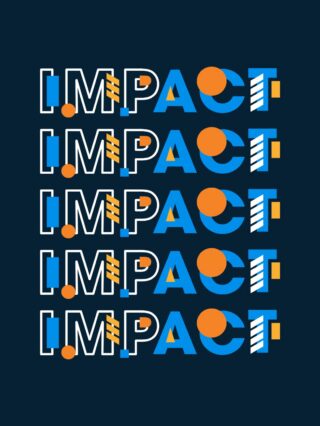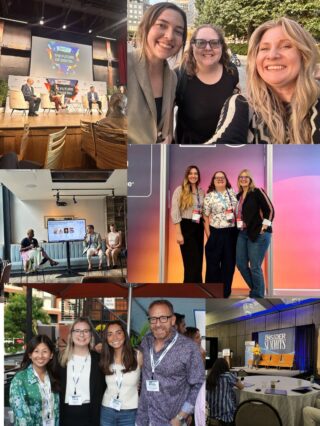Unproductive meetings cost U.S. businesses millions of dollars each hour. The January-February 2019 issue of Harvard Business Review revealed a majority of people admit to daydreaming or doing other work during meetings. Each week, this misused time adds up to an entire work day for many marketing executives.
Meetings are vital for advertisers and their agencies. Effective meetings can mean the difference between a losing or winning campaign. Meetings keep teams on the same page and move critical decisions forward. However, despite their importance, meetings too often fall short of their intent.
From campaign kick-offs to status meetings, many advertisers and agencies fail to agree. The Association of National Advertisers reported some of the widest gaps exist between advertisers and their agencies on assignment briefings and client approvals. For advertisers, such misalignment could translate in lost revenue, brand equity or market share.
While effective meetings can vary in size and format, they should generally include the following elements:
-
Ample time for preparation and planning between all parties
-
Create a purposeful, timed agenda anchored in performance metrics
-
Set aside time to address the status of current and pending plans
-
Reserve time for distilling “big ideas” into actionable next steps with defined owners and timelines
-
Consider using workshops and third-party facilitators or speakers to help break up the day
For an Effective Meeting, Make Time to Plan
Today, virtually every business category faces some degree of threat or disruption. As a result, it’s no surprise that the most effective meetings help get advertisers and their agencies pulling in the same direction.
“Some of our clients have several marketing teams spread across multiple divisions,” said Jack Hale, Senior Account Executive, Butler/Till. “We took the lead to bring everyone together, provide updates on the media landscape, make introductions across division, and find opportunities to point resources toward common objectives.”
One related study concluded effective meeting preparation can require up to three times longer than the length of the actual agenda. For Hale, his team’s most effective meetings are no exception.
“It took a long time to schedule and plan for, but everyone on both sides thought it was time well spent. People left the day feeling inspired with some new ideas that they could think about going into their fiscal year,” said Hale.
Effective Meetings Solve Problems and Drive Performance
“A well-planned summit is a great way to build relationships across creative, media, and client teams,” said Kristen Paganin, Associate Director, Analytics, Butler/Till. “From presentations to working sessions, these meetings provide clients with a unique opportunity to share their corporate mission, vision and goals with everyone in the same room.”
Paganin notes how a recent client summit helped creative and media establish unified key performance indicators (KPIs) for upcoming campaigns. These KPIs were influenced by business goals combined with the opportunities afforded by media trends and client-approved messaging themes and creative concepts.
For some advertisers, effective meetings can also help challenge the status quo.
“One of our clients began to see a decrease in overall response rate from existing print tactics,” reflects Jill Currie, Media Director, Butler/Till. “We scheduled a full-day session with our client and brought in a third-party to help diagnose problem areas and identify areas for both strategic and tactical improvement.”
Currie collaborated with a leading direct response vendor to identify new geographic distribution as well as innovative segmentation schemas to focus on households with the highest-potential value. The content of this meeting eventually led to a series of tests that helped generate a 67 percent increase in response rate and a 25 percent decrease in cost per response.
“Offsite meetings can provide a neutral space to help reframe the role of tried-and-true tactics within the context of an integrated media or marketing plan,” said Currie.
Meetings that Start with Outcomes Should End with Action
Advertisers should also use meetings as a sounding board. Instead of a focus on agency capabilities, these types of forums help shape and narrow “big ideas” into actionable, immediate next steps to build competitive advantage.
“We consider ourselves a business partner and this means participating in objective, honest conversations,” said Stephanie Alexander, Senior Account Executive, Butler/Till. “These types of discussions help set clear priorities and give everyone a voice at the decision-making table and help clients poke holes in the variety of offerings available to them.”
For more information, please contact Amanda DeVito, Vice President of Engagement at adevito@butlertill.com.





